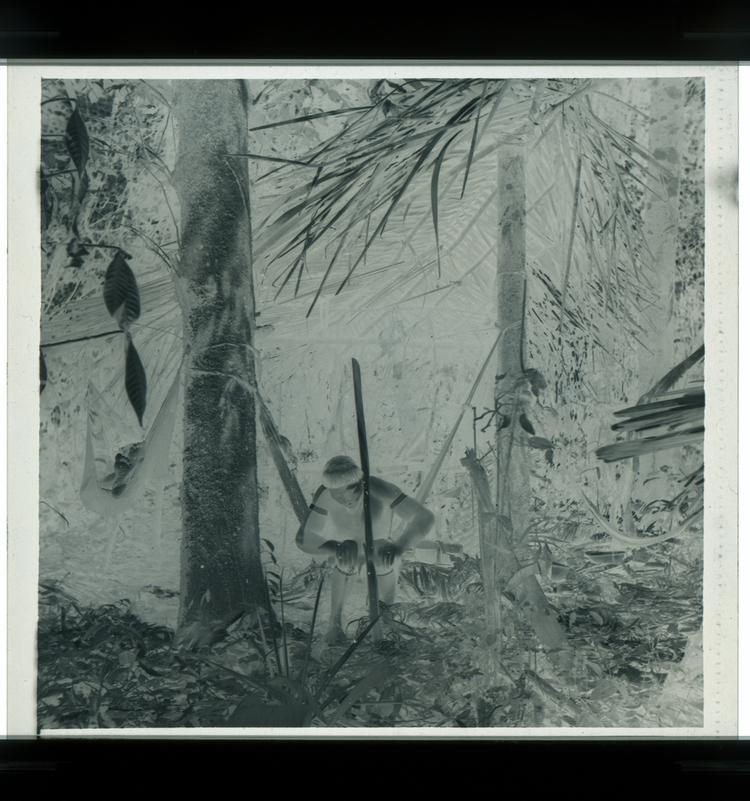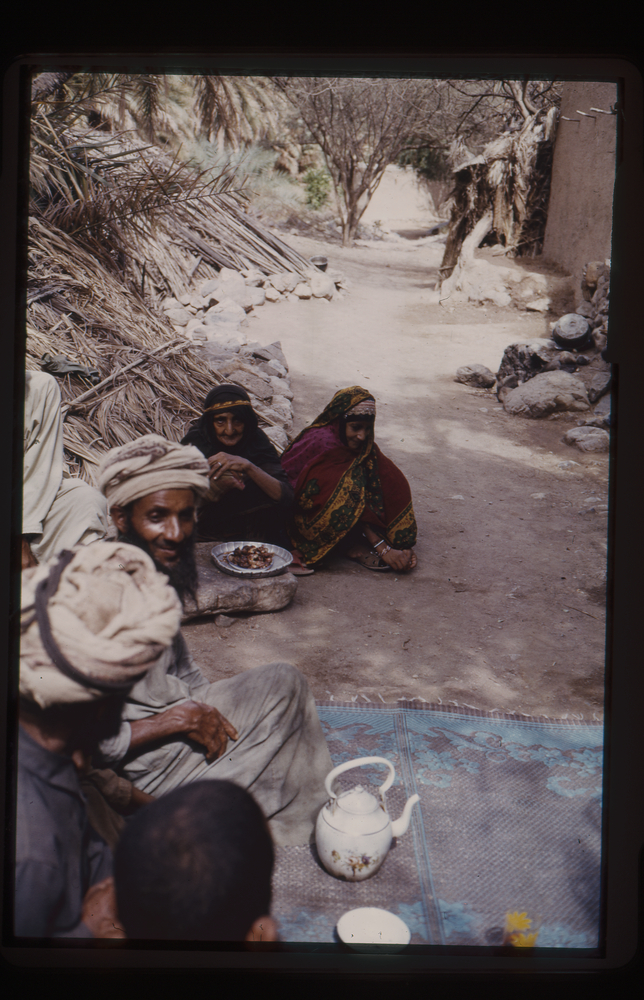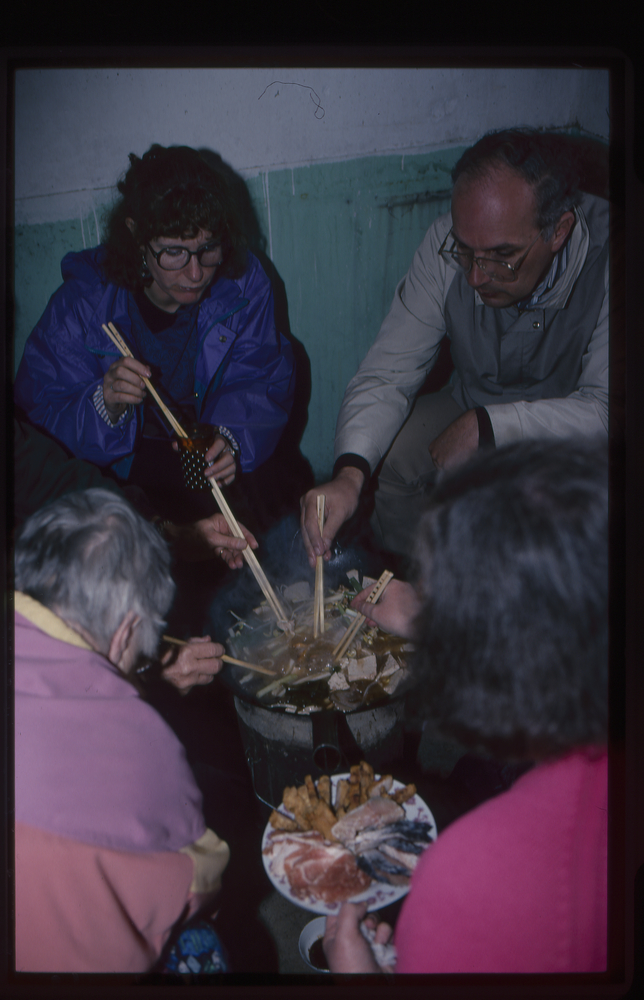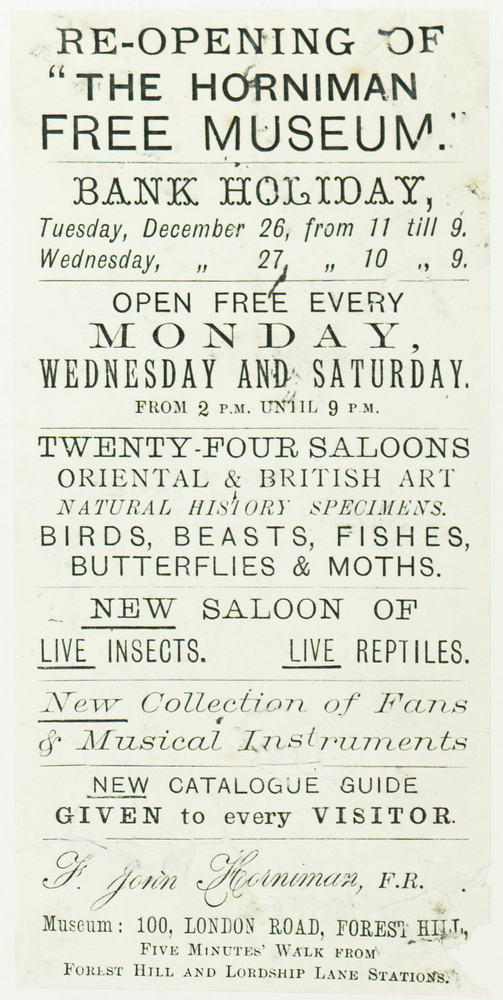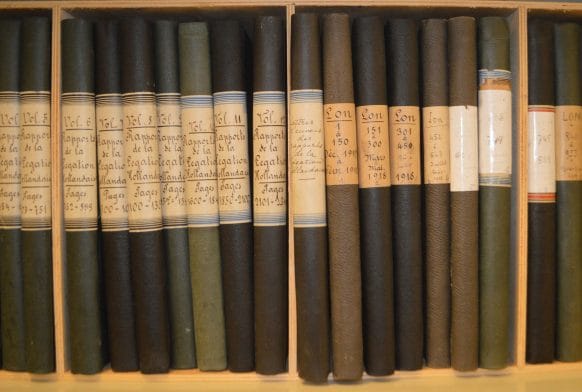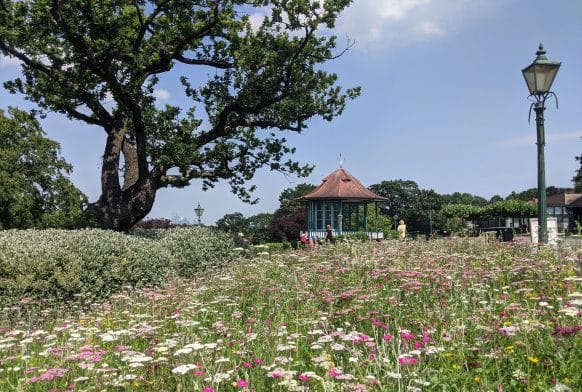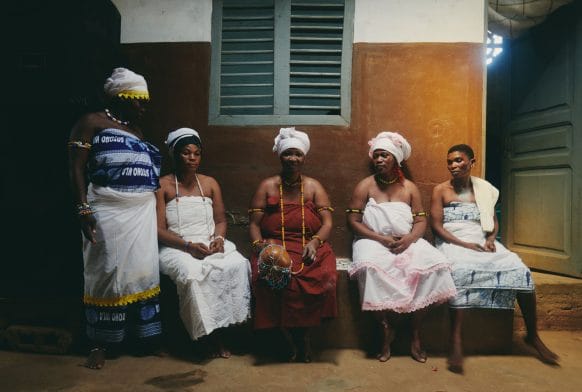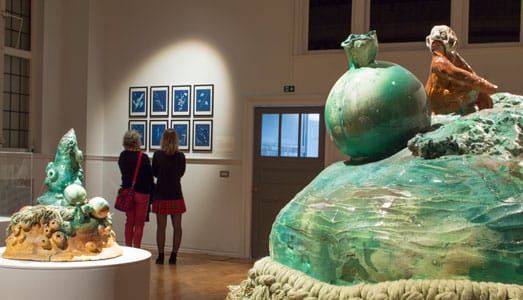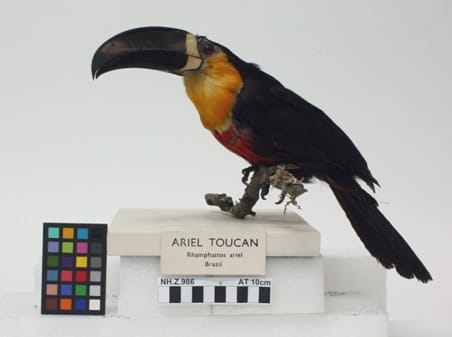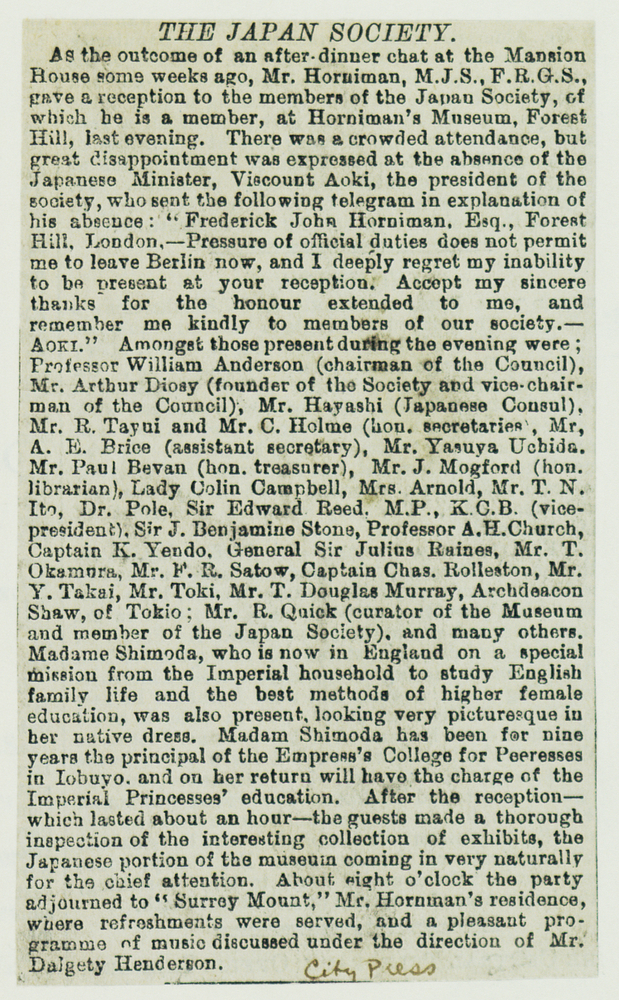
A press cutting of an article mentions that as a result of an after dinner chat at the Mansion House Mr Horniman gave a reception to the members of the Japan Society at The Horniman Museum. Although numerous people were in attendance, there was great disappointment expressed due to the fact Viscount Aoki was unable to attend that evening. A telegram was sent, which explains Viscount Aoki cannot attend due to official duties and that he is thankful for the honour which was extended to him. Other notable members in attendance were; Professor William Anderson (chairman of the Council), Mr. Arthur Diosy (founder of the Society and vice-chairman of the Council), Mr. C. Holme (honorary secretary), Sir Edward Reed (vice-president), Mr. R. Quick (curator of the Museum and member of the Japan Society) and many more. The excerpt follows through by describing Madam Shimoda, as looking picturesque in her native dress, who is now in England ‘on a special mission from the Imperial household to study English family life and the best methods of higher female education’. The mention of Madam Shimoda for nine years being the principle of the Empress’s College for Peeresses in Iobuyo and then, on her return will be in charge of the Imperial Princesses’ education. The excerpt concludes that after the reception the guests thoroughly inspected the exhibition and around 8 o’clock the guests adjourned to the ‘Surrey Mount’ (Mr. Horniman’s residence), for refreshments and music under the direction of Mr. Dalgety Henderson.



